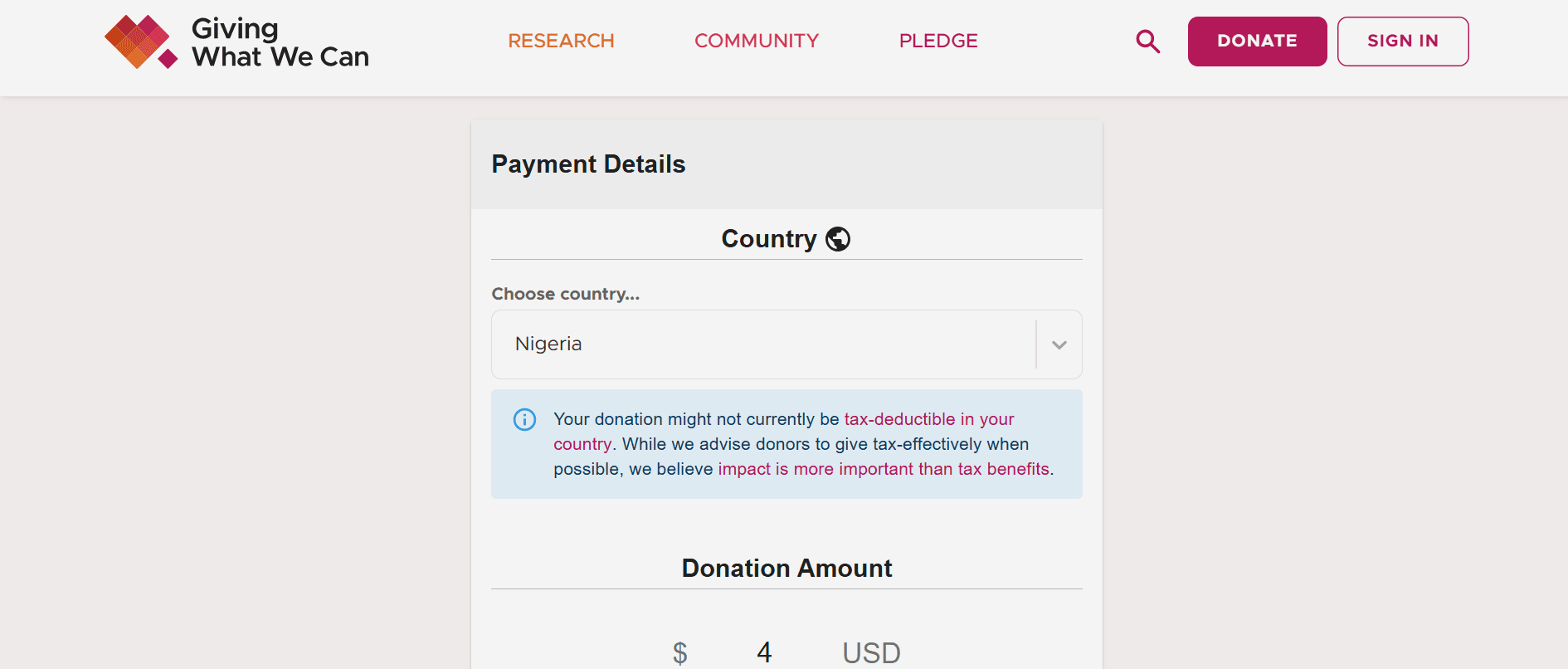EDIT: Thanks to everyone for the help.
I'm an EA currently living in Saudi Arabia. I'm fairly knowledgeable about EA, so I thought that running a local group would be of high value. But I had some reservations due to some reasons. Namely
(1) I'm only 18, and not yet in college (Gap year). So I will probably be younger than other members. This means that they (potential EA's) may be less inclined to accept some of the ideas, thus risking "lock-in" of the idea that EA is for western-influenced kids.
(2) I'm not a citizen, but I'm Arabic, and there is some discrimination against foreigners.
(3) lack of Arabic EA content, and the scarcity of English speakers here.
II. POSSIBLE SOLUTIONS • Translate EA content to Arabic. (Falls into the problem of "lock in") • Write Saudi/friendly content and hope that it affects some people to start local chapters. ( • Wait till I'm in university and join a local group there.
I'm hoping to get tips and/or advice from EA's who are/were in a similar situation.



Thanks, I've sent her an email.
(UPDATE: She does not know any EA's in Saudi.)